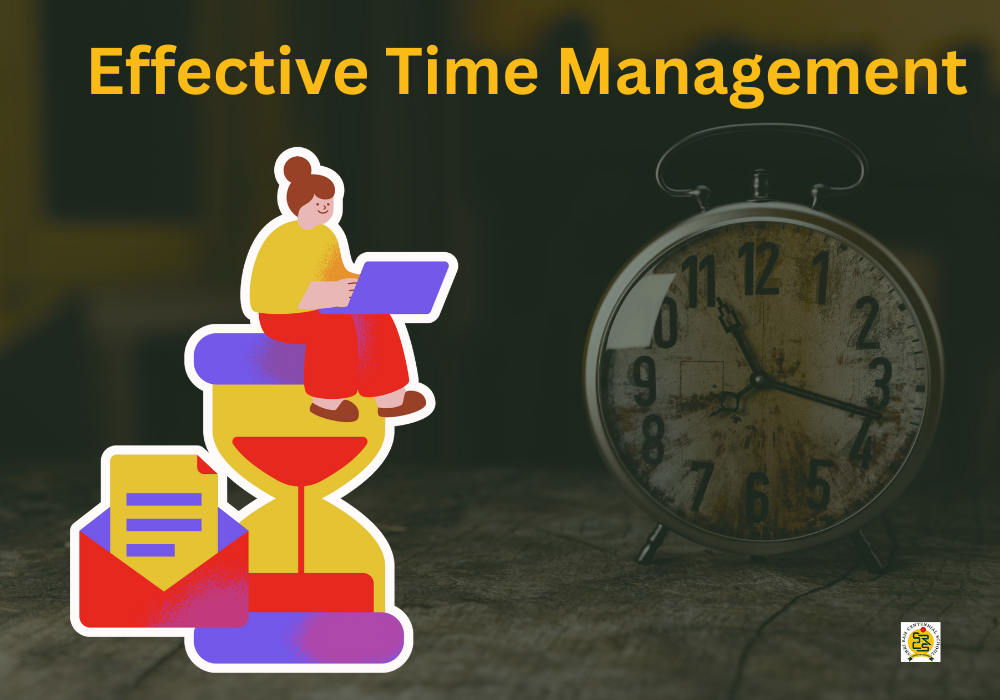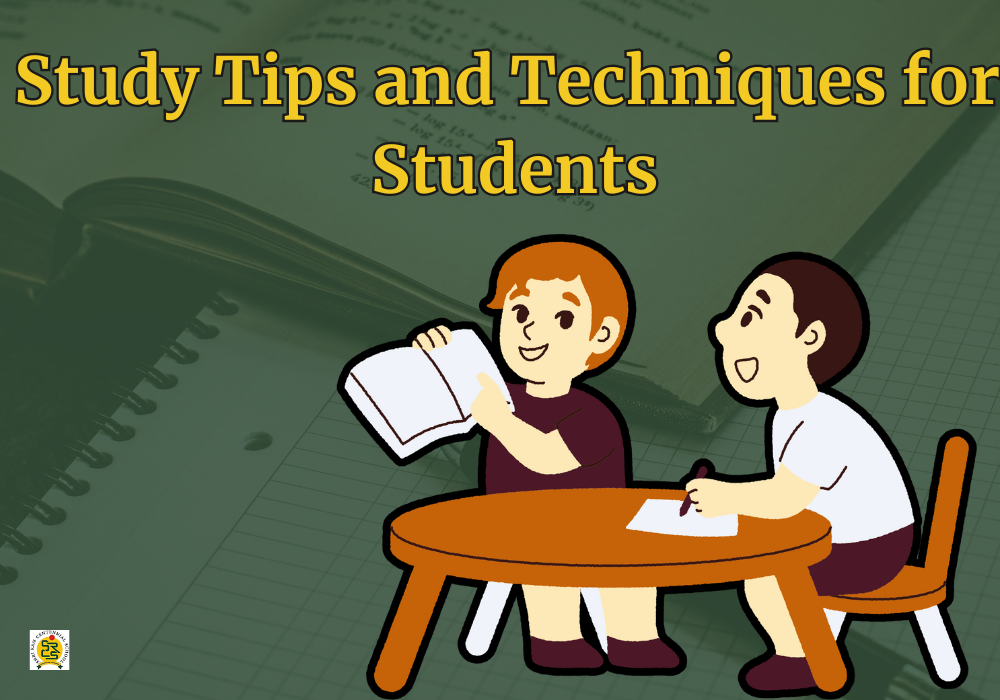In the bustling world of academics, extracurriculars, and social activities, effective time management is more crucial than ever for students. Mastering the art of time management can significantly enhance a student’s educational experience and overall well-being.
Whether you’re a student at schools in Dehradun striving to balance studies and hobbies or a parent guiding your child through their academic journey, understanding and applying effective time management strategies can transform your life.
Understanding Time Management

Time management involves organizing and planning how to divide your time between various activities. Good time management enables you to work smarter, not harder, so you can get more done in less time, even when time is tight and pressures are high. For students, this means efficiently balancing schoolwork, extracurricular activities, and personal time.
The Benefits of Time Management for Students
- Enhanced Academic Performance: Effective time management leads to better grades. By organizing study sessions and breaking tasks into manageable chunks, students can improve their focus and productivity. When students allocate specific times for studying, they avoid last-minute cramming and reduce stress, leading to improved performance.
- Reduced Stress Levels: Proper time management helps prevent procrastination, a common source of stress among students. By planning and sticking to a schedule, students can tackle their tasks methodically, avoiding the anxiety of looming deadlines and incomplete assignments.
- Improved Organizational Skills: Developing strong time management skills fosters better organizational habits. Students learn to prioritize tasks, set achievable goals, and stay on top of their commitments. This organizational prowess not only benefits their academic life but also prepares them for future professional responsibilities.
- Increased Free Time: Effective time management frees up time for leisure and relaxation. By efficiently handling academic and extracurricular commitments, students create space for hobbies, social activities, and family time. This balance is essential for maintaining a healthy and fulfilling student life.
Time Management Strategies for Students

Create a Schedule: One of the most effective time management techniques is to create a detailed schedule. Use planners, calendars, or digital apps to map out daily, weekly, and monthly tasks. Include class schedules, study sessions, extracurricular activities, and personal commitments. Regularly updating and reviewing your schedule ensures you stay on track and adjust as needed.
Set Priorities: Prioritizing tasks helps manage time effectively. Identify which tasks are most important and tackle those first. The Eisenhower Matrix, which categorizes tasks into urgent/important, non-urgent/important, urgent/not important, and non-urgent/not important, can be a helpful tool in prioritizing tasks.
Break Tasks into Smaller Steps: Large projects can be overwhelming. Breaking them into smaller, manageable steps makes them less daunting and easier to accomplish. Set specific milestones and deadlines for each step to maintain progress and stay motivated.
Avoid Multitasking: Contrary to popular belief, multitasking often reduces productivity. Focusing on one task at a time improves concentration and efficiency. Complete one task before moving on to the next to ensure higher quality work and better results.
Use Time Blocks: Allocate specific blocks of time for different activities. For instance, set aside an hour for studying, followed by a 15-minute break. Time blocking helps maintain focus and prevents burnout by ensuring regular intervals of rest.
Eliminate Distractions: Identify and minimize distractions that hinder productivity. This might involve turning off notifications, finding a quiet study space, or using apps designed to block distracting websites. A focused environment is key to effective time management.
Reflect and Adjust: Regularly review how you manage your time and make adjustments as needed. Reflect on what strategies are working and where improvements are needed. Flexibility in your approach allows for continual improvement and better results.
Time Management for Parents: Supporting Your Child

Parents play a vital role in helping their children develop effective time management skills. Here’s how you can support your child:
Encourage Planning: Help your child establish a routine and create a study schedule. Encourage them to use planners or digital tools to keep track of assignments, deadlines, and extracurricular activities.
Teach Prioritization: Guide your child in prioritizing tasks and setting realistic goals. Discuss the importance of focusing on high-priority tasks and managing time effectively.
Model Good Time Management: Demonstrate effective time management in your own life. Your child will benefit from observing how you balance work, family, and personal time.
Provide a Supportive Environment: Ensure your child has a conducive study environment free from distractions. A quiet, organized space can significantly impact their ability to manage time effectively.
Encourage Breaks and Downtime: Emphasize the importance of balancing work with relaxation. Encourage your child to take breaks, pursue hobbies, and spend time with friends and family to maintain a healthy balance.
Conclusion
Effective time management is a transformative skill that enhances every aspect of a student’s life. By mastering time management, students can improve their academic performance, reduce stress, and enjoy a more balanced and fulfilling life. For parents, supporting their child in developing these skills sets the foundation for long-term success.
Embrace the power of time management and watch as it transforms student life for the better, fostering both academic excellence and personal growth. As students learn to manage their time efficiently, they build essential habits that will benefit them throughout their educational journey and into their future careers.










